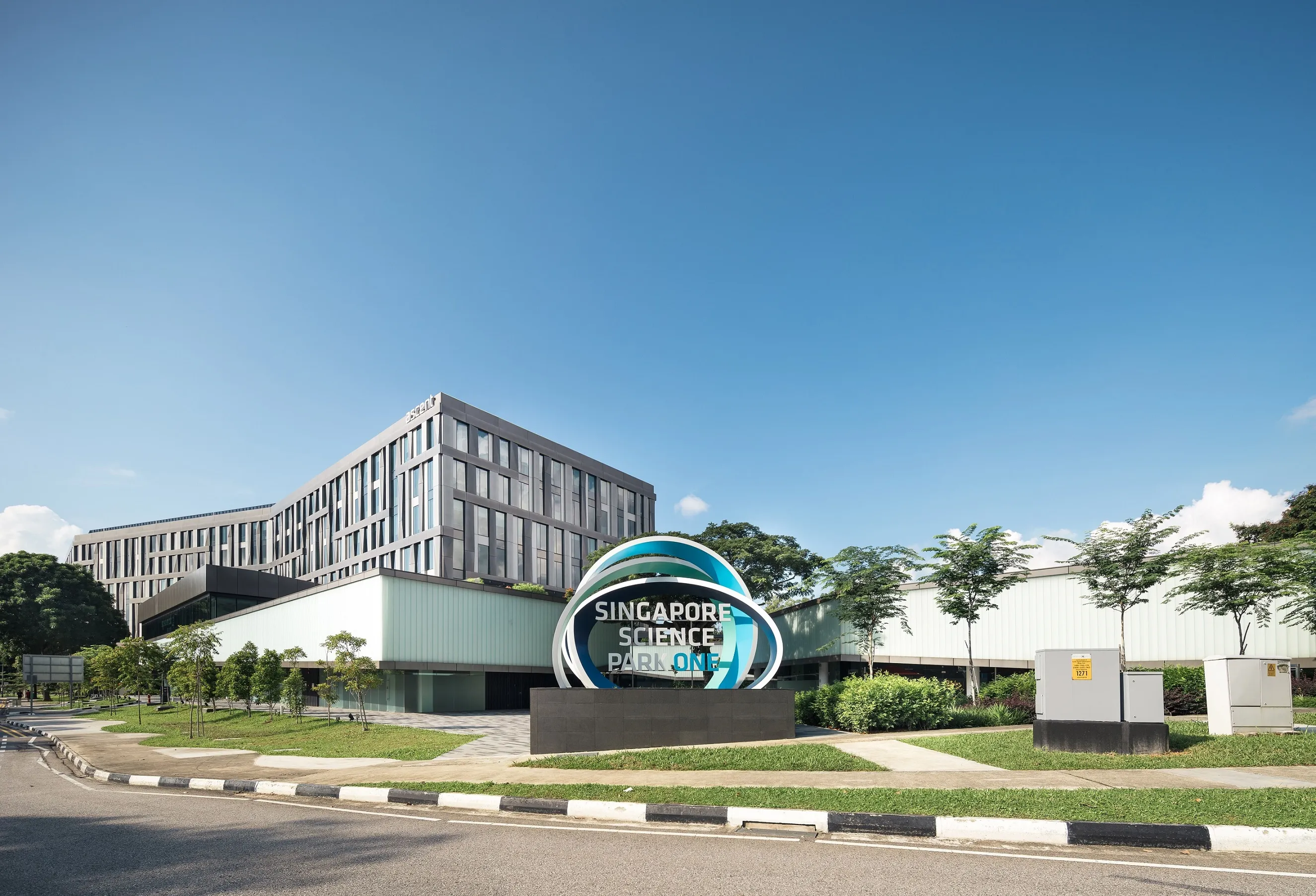
Derq’s V2X software applications to predict and prevent accidents recently went live at a Detroit intersection, said Georges Aoude, chief executive and co-founder of Derq. “In addition to the grant, PlanetM has shown us that Michigan state is open for business,” he said. Over the coming year companies including Derq will get 75% of the costs of any testing programme including at Mcity, a self-contained 20 hectare “fake city” just outside Detroit.
“The start-up technology being tested here in Michigan will lead to meaningful improvements in thei quality of life and access to transportation solutions thr oughout the state,” said Trever Pawl, vice-president of PlanetM, the mobility research arm of the Michigan Economic Development Commission.
“We’re constantly working to address the needs of those people engaged in the mobility community and we’re taking it to the next level through testing and deployment,” said Pawl.
Booth 300









